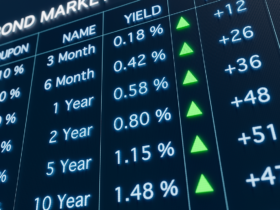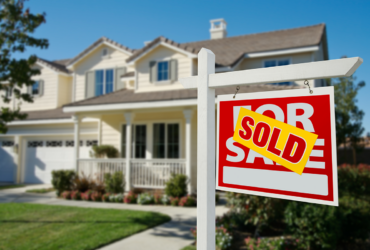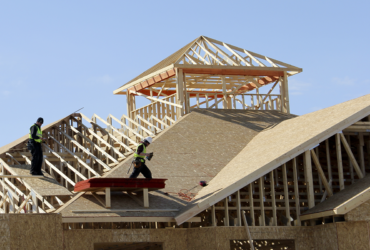On Monday morning, the Wall Street Journal reported on the lack of bankruptcies in 2020.
- A big drop. “Bankruptcy filings by consumers under chapter 7 were down 22% last year compared with 2019, while individual filings under chapter 13 fell 46%, according to Epiq data”
- Why does this matter? “The downward trend in personal bankruptcies bucks predictions by analysts and economists that disruptions from Covid-19 lockdowns and restrictions early in the pandemic would lead to a sharp increase in filings.”
- So what’s the problem? “Economists and bankruptcy lawyers say federal suspensions of evictions, home foreclosures and student-loan obligations have helped limit bankruptcies—though they worry bankruptcy rates could go up after aid ends”
Looking specifically at foreclosure rates, last year we were at a 16-year low. ATTOM Data Solutions reported in January that “default notices, scheduled auctions and bank repossessions — were reported on 214,323 U.S. properties in 2020, down 57 percent from 2019…to the lowest level since tracking began in 2005.” (ATTOM)
Last week, CoreLogic looked at forbearance data after the FHFA extension was announced and there are still a lot of homeowners in need of help.
- The extension. “The new extensions allow an additional six months’ stay in forbearance, making borrowers eligible for a total of 18 months of temporary payment relief”
- The latest data “reveals that 75% of the pandemic forbearance-loan pool consists of loans in forbearance since April. The percentage amounts to an estimated 2.1 million loans…”
- When the extension ends the economy should be in full-on recovery mode. The hope is that many of these homeowners will be back to, or close enough to, their pre-pandemic income levels and can return to homeownership.
The extensions won’t save everyone. In fact, it is believed that the extensions “will also lead to a further build-up of missed payments by the time the forbearance ends. The severity of cumulating missed payments could put some homeowners at the risk of foreclosure and losing their home” However, with home prices continuing to skyrocket this could provide many homeowners with another option that isn’t a foreclosure. If they can’t stay in their property they should easily find a buyer and might even make a profit.
It’s hard to know what will happen once the pandemic is over and how the economy will behave. However, with less government intervention it is safe to assume that bankruptcies and foreclosures will rise. Luckily these problems should be easily absorbed by the economy without catastrophic results.






Got a Questions?
Find us on Socials or Contact us and we’ll get back to you as soon as possible.